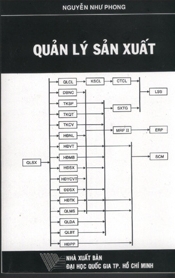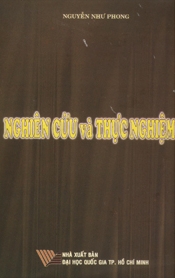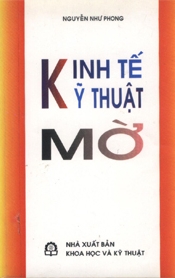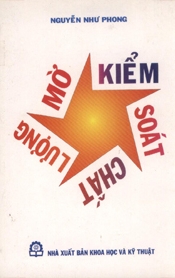
| Application of the factorial DOE and RSM to optimize biodiesel production |
|
Application Of The Factorial Design Of Experiments And Response Surface Methodology To Optimize Biodiesel Production
G. Vicente, A. Coteron, M. Martinez, J. Aracil *
Department of Chemical Engineering,
Faculty of Chemistry, Complutense Uni6ersity,
28040
Madrid, Spain
DOE 20
Abstract
The production of fatty acid methyl esters, to be used as a diesel substitute (biodiesel), has been studied. The reaction of refined sunflower oil and methanol was carried out over different types (acid and basic, homogeneous and heterogeneous) of catalysts.
The catalyst that led to largest conversions was sodium hydroxide. No methyl esters were detected when zirconium-based catalysts and an immobilized lipase were used. The process of biodiesel production was optimized by application of the factorial design and response surface methodology.
Temperature and catalyst concentration were found to have a positive influence on conversion, concentration effect being larger than temperature effect. A second-order model was obtained to predict conversions as a function of temperature and catalyst concentration.
Optimum conditions for the production of methyl esters were found to be mild temperatures (20–50°C) and large catalyst concentrations (1.3%). © 1998 Elsevier Science B.V. All rights reserved.
Keywords :
Biodiesel; Factorial design; Methanol; Methyl esters; Optimization; Response surface methodology; Sunflower oil |





































